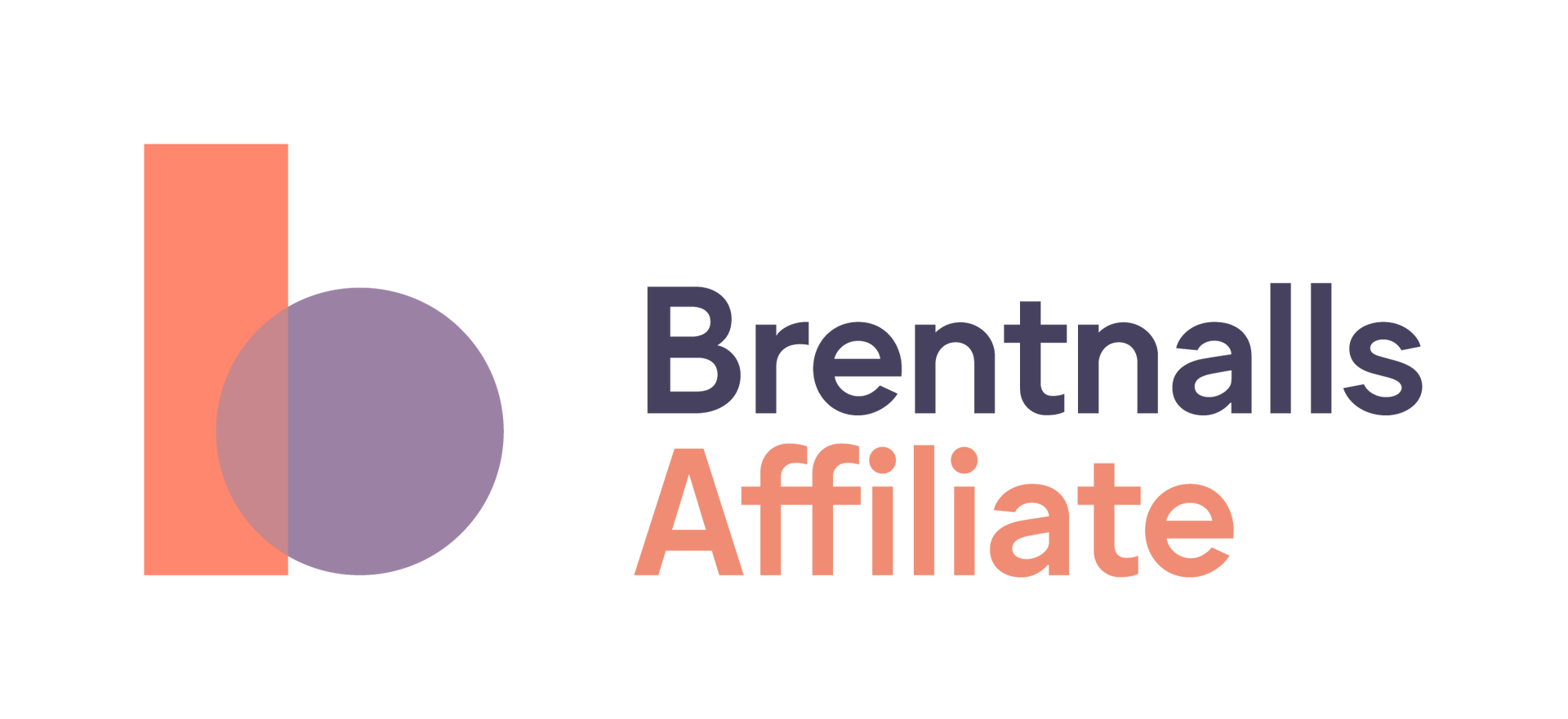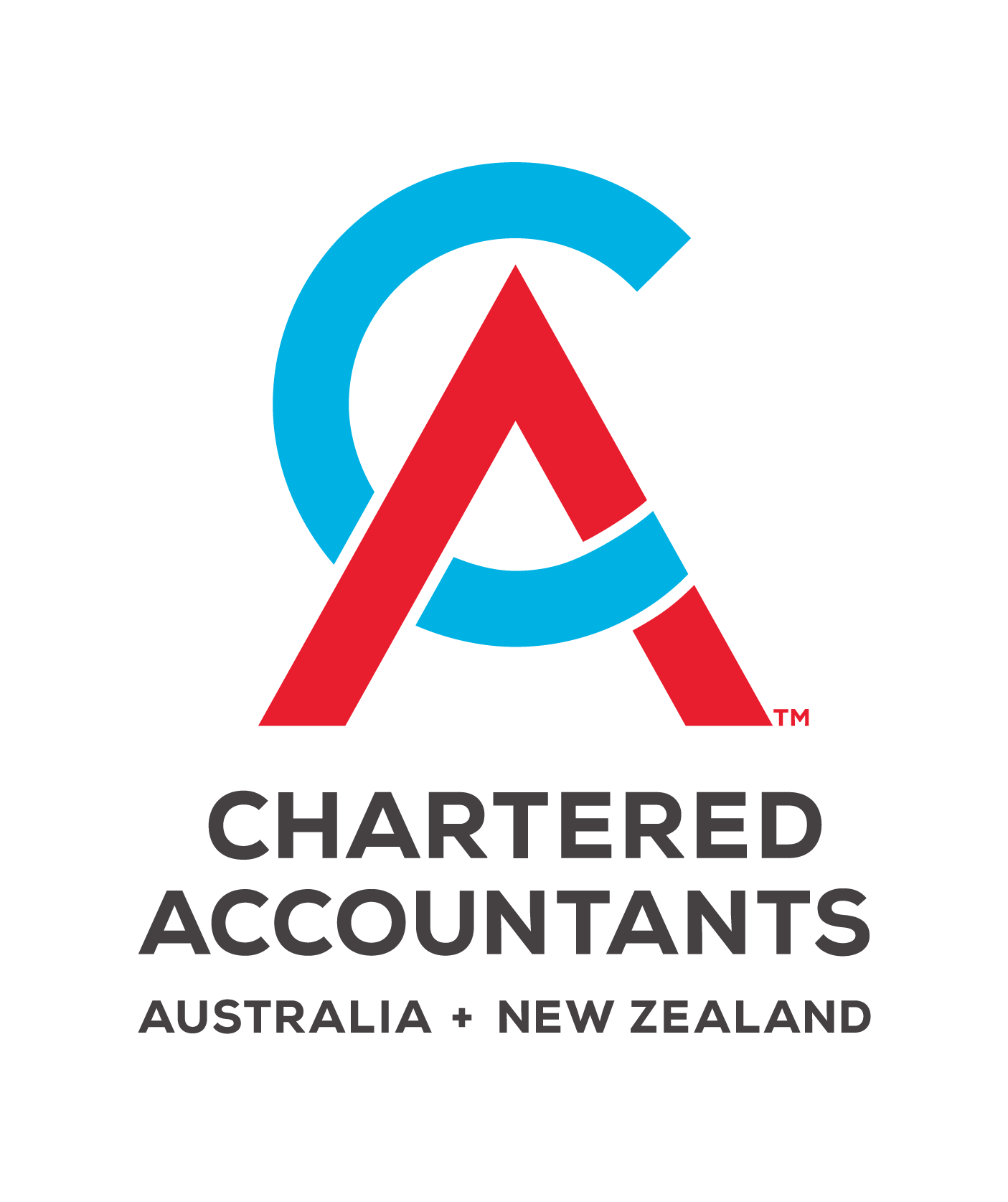News Articles
Around one in four Australians lack confidence that they will have sufficient superannuation to fund a rewarding retirement1. While there are multiple ways to grow your super balance throughout your working life, the way your super is invested can have a significant impact on the final balance of your super on retirement.
Most Australians have the flexibility to select the underlying investments for their super – regardless of whether they use a professional managed superannuation fund (APRA) or a self-managed superannuation fund (SMSF).
This choice matters because different investments impact the returns, and also the level of risk, for your super savings.
The balance between investments which can provide capital growth (such as shares and property) and those more focused on investment income (such as fixed interest and cash) is crucial. There are five main asset classes and the risk versus return you can expect from each is summarised:
| Asset Class | Examples Of Investment | Risk vs. Return |
|---|---|---|
| Cash | Bank accounts, bank bills and other short-term money markets. | Least risky with low potential for capital loss. Provides stable return. Often the lowest return over the long term. |
| Fixed Interest | Bonds, capital notes. Securities usually issued for more than one year. | The value of a bond can fluctuate based on interest rate movements. Offers consistent but lower return than shares over the long term. |
| Equities | Shares, managed funds. Long-term investments. | Returns on equity come in two forms. Dividend or trust income plus capital growth. Considered higher risk as values fluctuate more than other asset classes. However, over the longer term equities tend to outperform the other asset classes. |
| Property | Buying property directly or indirectly through listed or unlisted property trusts. | Property returns include rent and capital gains from appreciation in the value of the property over time. Historically, property investments have been less volatile than shares. |
| Alternative Assets | Private equity, hedge funds, and commodities (such as gold). | These are considered alternative assets due to the relatively limited investment history. They can be higher risk though with the potential for higher returns. |
One of the benefits of having a SMSF is the flexibility and control you have over investments. Fund trustees can make decisions regarding the fund’s product selection, or they can seek the advice of a financial advisor.
Additional fees may be charged when using managed investments or investment platforms. These fees may not be paid in cash from the fund but may be embedded within the capital value of your investment.
If you feel you are losing money inside super, or your superannuation is consistently underperforming, we suggest you review your investment allocation to check if it is in line with your financial objectives and risk profile.
Finally
Your Brentnalls SA advisor can also prepare an analysis of the returns your superannuation has earned to date and compare them against market-leading superannuation funds.
Reference
1
https://www.finder.com.au/news/millions-too-poor-to-retire-2023
Discuss Further?
If you would like to discuss, please get in touch.
Disclaimer
The information provided in this article does not constitute advice. The information is of a general nature only and does not take into account your individual financial situation. It should not be used, relied upon, or treated as a substitute for specific professional advice. We recommend that you contact Brentnalls SA before making any decision to discuss your particular requirements or circumstances.








